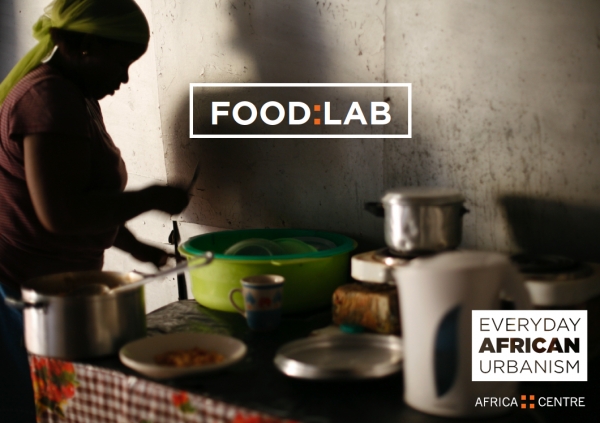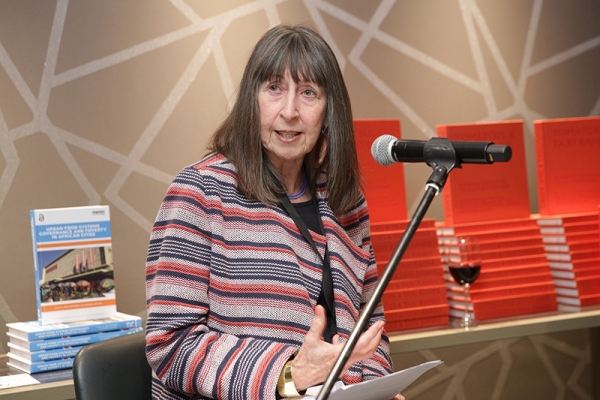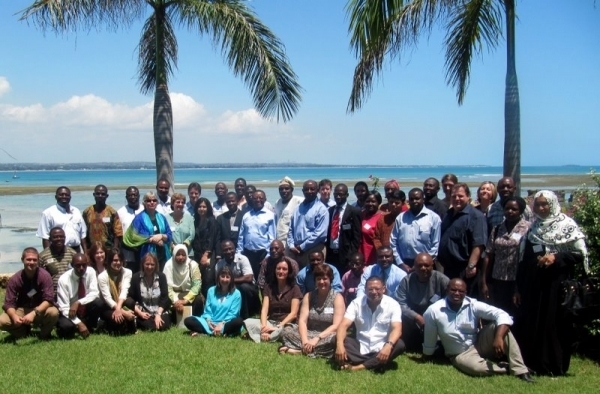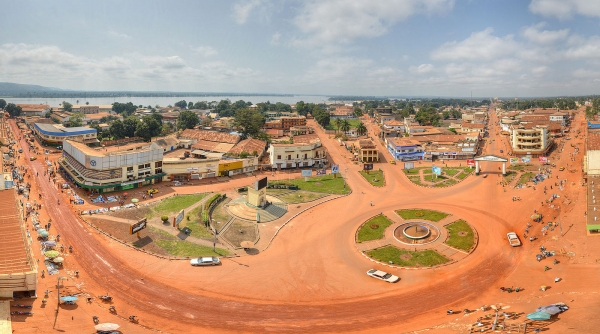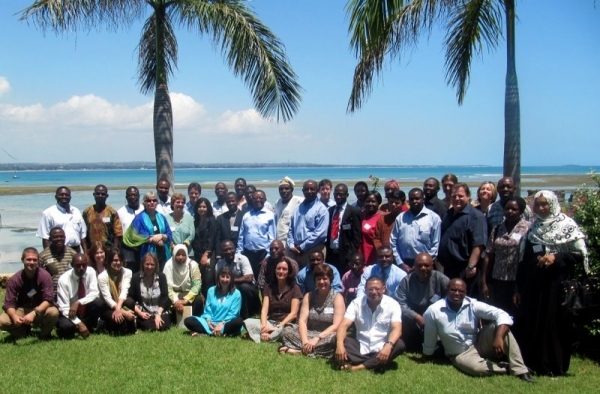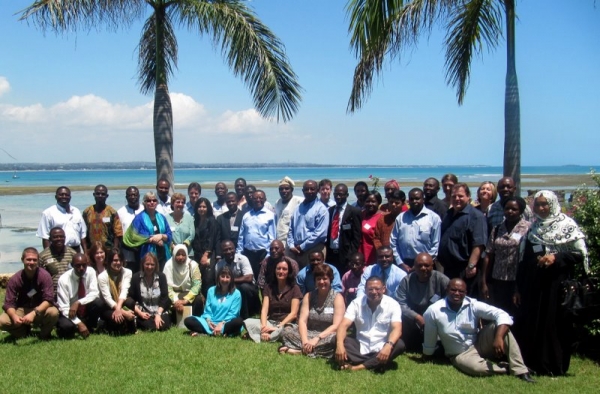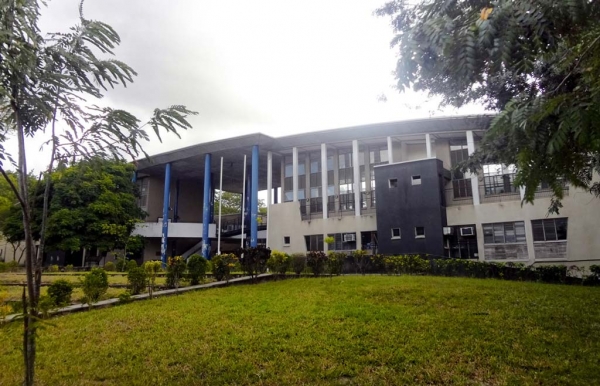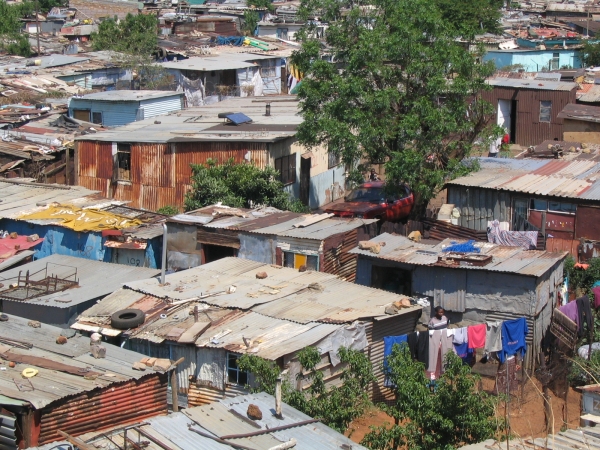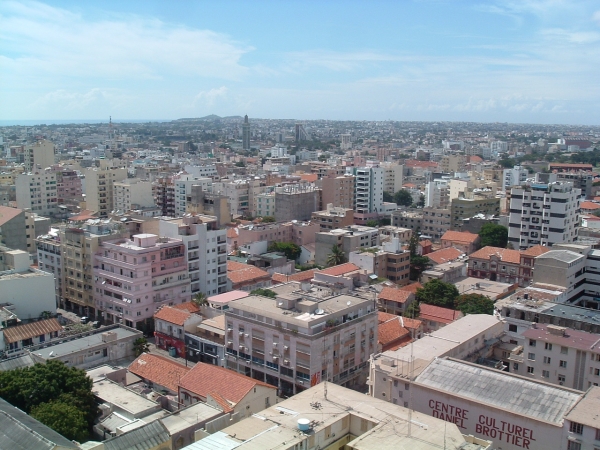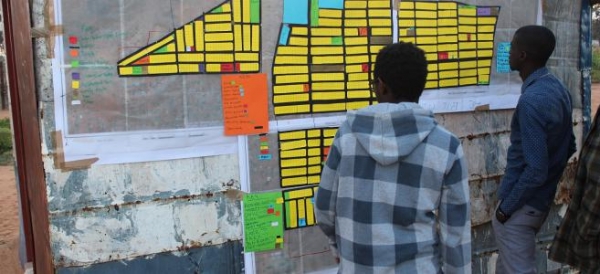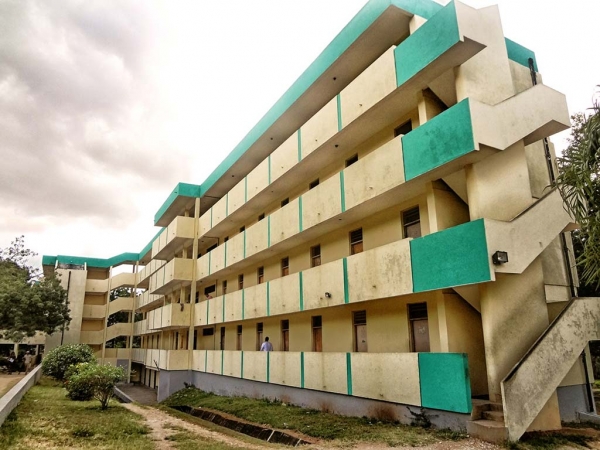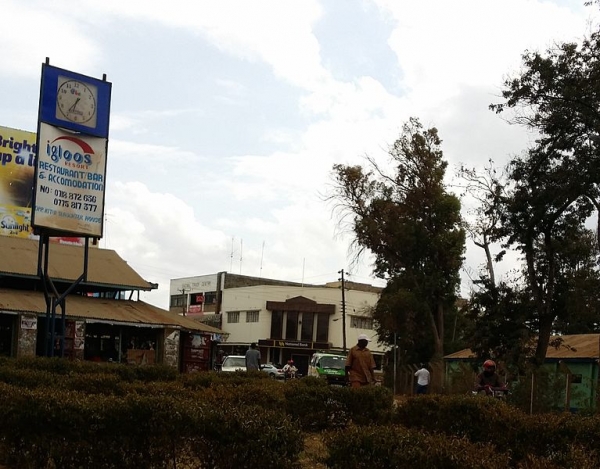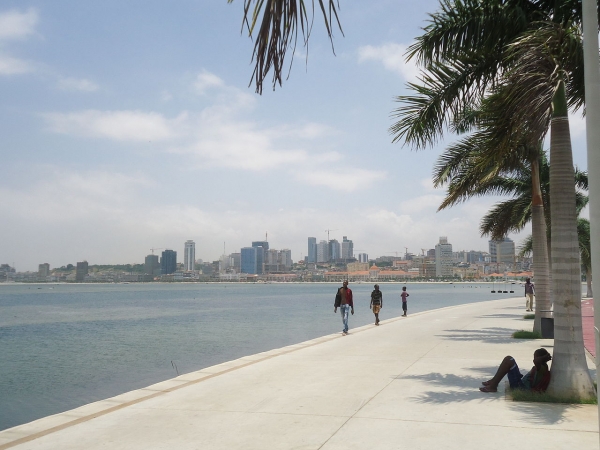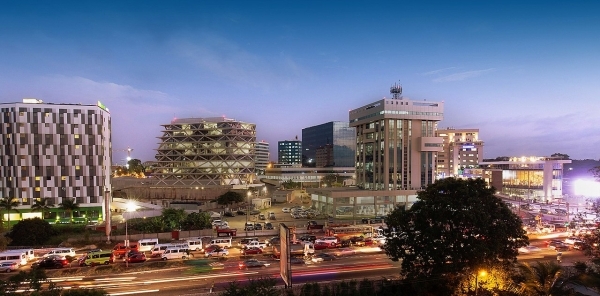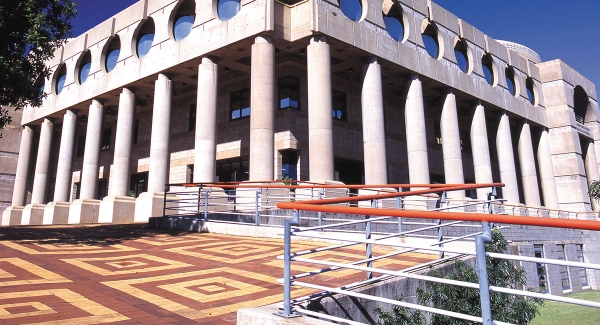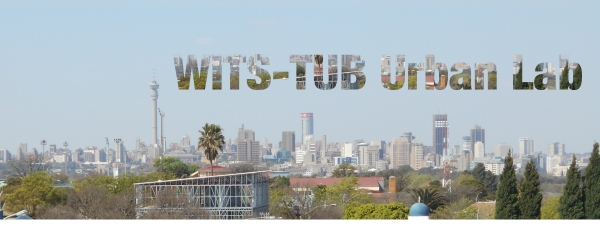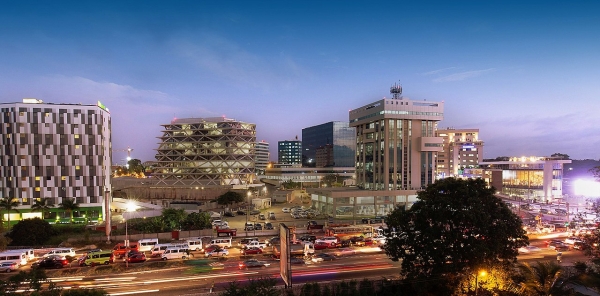The Everyday African Urbanism programme of the Africa Centre has published a report on the dynamics of food security and access in Gugulethu, Cape Town.
Although South Africa is one of the wealthiest countries in Africa, it is also the most unequal. Measured by income, South Africa and particularly its cities, have some of the largest levels of inequality on the planet. One of the most overt reflections of this disparity is manifested in the level of food insecurity. South Africa produces more than enough food to sustain its citizenry with the right balance of calories and nutrition, yet over half the population are consistently hungry, go without regular meals, sacrifice a meal to feed someone else, or are not getting the right nutritional balance to optimize health, education and economic functionality.
Beyond this reality however, there is limited understanding of how urban families below the household monthly income of R4,000 manage their food requirements. Why do they purchase the food they do? Where do they shop, how often? Beyond resource constraints, what influences their food purchase choices? What are the environmental, social and psychological factors that may be preventing a strategic approach to food purchases and consumption within these families?
It is these questions that motivated the creation of the Africa Centre’s Everyday African Urbanism Food Security Lab project. Over 16 months, research was conducted in Kanana a section of Gugulethu in Cape Town, which reviewed these issues through the lens of the spaza shop. Spaza shops proliferate low-income communities and often function as one of the primary points of access to the food economy. As such, gleaning an in depth understanding of what food is made available and why, what spaza shop customers want, what food purchase choices they make, what influences these decisions and how to change both what is sold and what is consumed offers key insight into developing solutions that address the food security challenges in South Africa.
What has emerged from this research is a fascinating look at the eating habits and behaviours of this community and the spaza shops that serve them.
Click here to access the full report.

